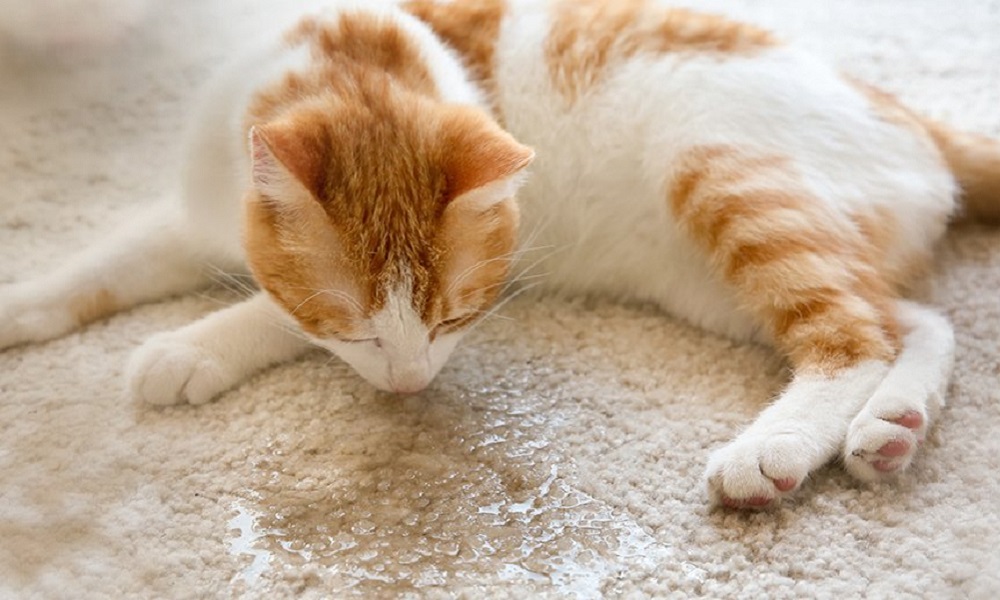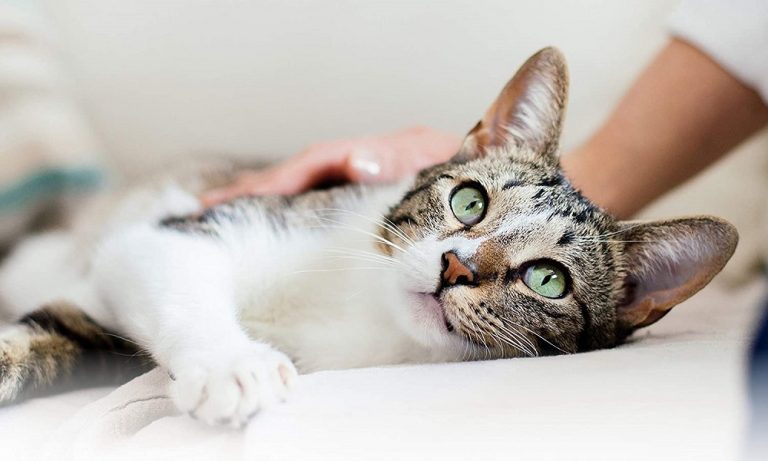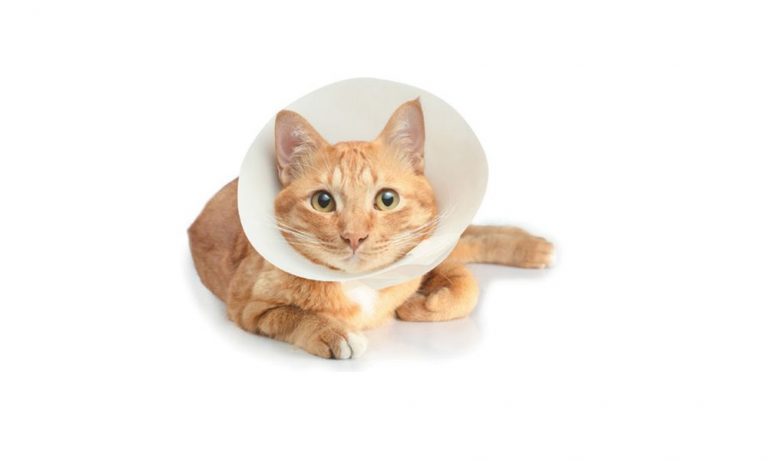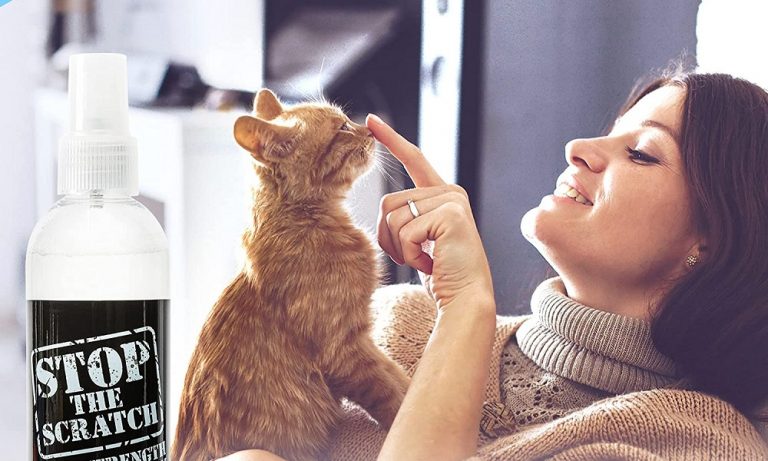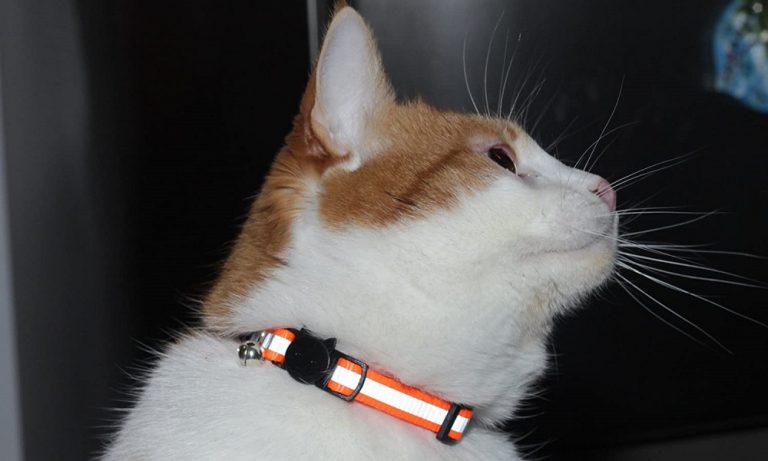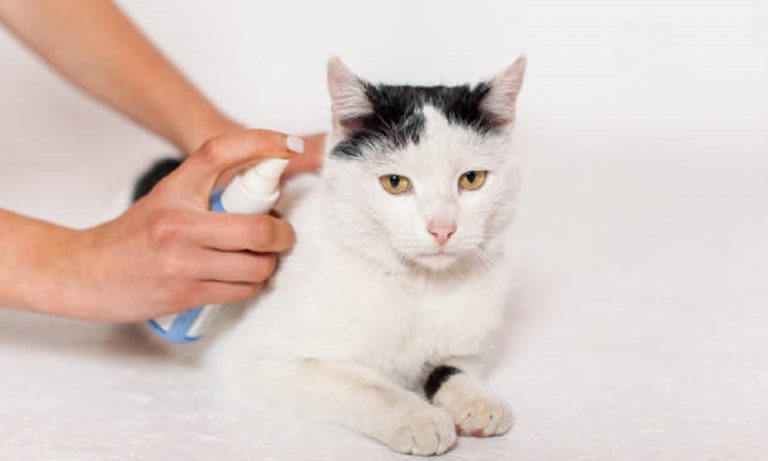How to Get Cat Spray Out of House?
No matter how much we love our little kittens but once they start leaving trails of urine odor around the house, it is quite unpleasant to deal with.
If your pet has started spraying or urinating outside the litter box in which he is supposed to, then you must act immediately and efficiently in order to remove the smell before it sinks in and lasts there forever.
It is quite unlikely for cats to urinate outside their litter boxes keeping in mind their clean nature. So, if you find your cat doing that, it might be something to get worried about.
A one-time accidental drip may be due to any underlying health issue or just your cat being frightened of something. Make sure that your cat is healthy, you must find the actual cause and act upon it accordingly.
One thing that you should not do at any cost is scolded your cat or punish him when anything like that happens because that will only frighten him more and might lead to the repetition of the incident.
Only by finding out the actual reason that’s making your cat spray or urinate around the house, you’ll be able to stop it by carrying out respective measures.
Difference Between Cat Urinating and Spraying
Spraying and urinating both are quite similar, both involving a cat excreting urine outside of the litterbox. The difference between these two actions is the behavioral patterns that surround the actual process of urination.
When a cat needs to urinate, it takes a squatting position and starts urinating on a surface that is horizontal. The places that you’ll find your cat peeing onto are the carpets, clothes, duvets, couches etc.
When a cat wants to spray onto something, its tail would be in a standing position and trembling, and it is most likely to take a treading motion with its hind legs.
A less amount of urine is then sprayed onto a vertical surface unlike urinating where they required a horizontal platform.
The vertical surfaces that the cat’s target include the walls, or the curtains, leaving behind a sharp and unpleasant smell.
Both marking of urine and spraying are either the ways for cats to communicate with each other and other animals or to just mark their territory.
The occurrence can be for a variety of reasons which include issues relating to dominance, mating desire, dealing with stress or anxiety, or an underlying health issue.
Why Does Cat Spray at House?
Urinating and spraying inside the house could be caused by a number of factors which include your cat not liking the litter box.
It is supposed to urinate, him trying to imply his dominance in the presence of any other cat, feeling stressed and anxious or dealing with a health issue.
The most common causes of cats spraying in the premises of the house are the following:
- Cystitis: It is a health issue that comprises of either an infection or the inflammation of the urinary tract. It is also known as Feline idiopathic cystitis (FIC) and is usually triggered by stress.
- Old age: A number of problems such as disorders of the endocrine system, feline dementia, and loss of senses come with old age in cats. All of these have the ability to heighten the stress level of the animal or make him anxious which ultimately leads to him urinating or spraying unintentionally in places.
- Scared to go outside: Being scared or anxious about a certain thing can also lead to cat spraying.
- Litter tray problem: The quality of the litter box and its bad state is most likely to be the cause of your cat urinating outside the box. An uncleaned litter box would cause your cat to go to a better place instead of the carpet lying in the living room. To avoid this, it is recommended to clean the litter box regularly specially if you have more than one cat.
Other major reasons for your cat spraying are usually him feeling stressed or threatened by someone or something. Marking their territory by spraying makes them feel more secure about being in that place. The causes that usually trigger them are:
- The arrival of new cats in the house or somewhere nearby.
- Presence of an unfamiliar person or a baby.
- Change in the routine.
- Redecoration of the house.
How to Remove Cat Spray from the House?
Once your cat has sprayed or urinated in a certain place and that is not cleaned immediately leaving the place to carry that smell, a cat’s sensitive nose would catch up that familiar smell and use that area again.
Avoid that situation, the contaminated area should be cleaned immediately and efficiently with the use of proper cleaning products with no stain or odor left behind.
Although the procedure of removal of the stain as well as the smell of cat spray from the household products is almost the same, there are a few steps that might differ from each other depending upon the nature of the surface.
Following are the steps that you should follow in order to eliminate the foul smell and stain of a cat’s spray:
Cleaning the Area
Cat’s spray has a very sharp odor and you can smell where it is coming from immediately after your cat is done spraying.
Once the odor sets down, it would almost be impossible to completely remove it from that particular surface and the chances of your cat spraying that place again would be high because of that familiar smell.
Hence you have to act fast. The contaminated area must be cleaned with warm soapy water or a solution of alcohol and water.
After that use a dry and clean towel to blot the area dry gently without applying much friction. Repeat the process a few more times if you can still sense the smell.
Use of Natural Cleaners Instead of Toxic Ones
If the mixture of soap and water is not working, you can go for a natural cleaning agent such as baking soda. Apply a few tablespoons of baking soda on the contaminated area, leaving it behind overnight or a few hours, and then clean it the next morning.
If the cat has sprayed onto something that can be washed in a washing machine, first rinse the item with cold water then put it in the machine along with detergent and baking soda to be washed off.
Using an Enzyme Neutralizing Cleaner
Using an enzyme neutralizing cleaner is proven to be efficient in removing the smell of cat’s urine because it breaks down the urine molecules, helping in getting rid of the smell.
First dilute the affected area by adding a small amount of water. Soak as much water as you can with the help of a dry paper towel.
Apply enough amount of enzymatic cleaner to saturate the area after you’re done diluting it. Blot the area well or dry it naturally after leaving the cleaner there for not more than 10 to 15 minutes (or as directed on the label). Make sure you don’t apply heat to the area.
Repeating the Process
If you can still sense the smell even after cleaning the area, you may have to repeat the process. One time cleaning doesn’t usually work if the cat has sprayed onto a thick item. Repeating the process helps in making sure that the smell is completely removed.
Ventilate the Room
Once you’re done with cleaning the area, allow as much passage of air as you can into the room. The air would help get rid of the remaining smell in the atmosphere whereas, room fresheners or scented candles could also come in handy till the smell is completely gone.
Things to Keep Away From
Avoid using beaches or ammonia-based cleaners as they kind of smell like cats pee and your cat might pick up that familiar scent and pee or spray in that same spot again.
Steam cleaners are also not advised to be used as the heat generated from them sets the smell further into the floor or furniture instead of removing it.
Some Tips
Spraying is quite an unpleasant behaviour that damages your walls, furniture and carpet leaving behind an awful smell. Following are some effective tips that will help in preventing cat spraying:
Neutering the cat: Neutering your cat would help to restrain this behavior. Desexed cats might still spray but neutering them reduces the level of their hormones which is most likely to decrease their urge to spray. Male cat spraying is more common than female ones.
Discovering the source of stress: If the cat spraying is being caused by the increased level of stress and anxiety of your cat, you need to find the exact cause immediately that is triggering that response.
Look for dead rodents or birds on the porches which are often the signs of the presence of a stray cat nearby which might be the reason for your cat feeling threatened. If you have other pets besides your cat, observe if the other animals are picking on the cat.
Analysing their living area: Most of the cats don’t like sudden changes being made around the house and often get anxious about it.
The things that can trigger your cat’s anxiety are if you have moved to a new place if you were away for some time if you have made some changes in the cat’s living area,
If you have moved their water or food bowls from their original position if their litter box is not cleaned properly etc. Oftentimes these reasons trigger unnecessary stress upon your cat.
Keeping the cat active: Try engaging your pet in healthy activities like leaving behind some educational toys to interact with and having playing sessions after arriving home so your pet feels loved and cared for.
Keeping a positive attitude: Cleaning up your cat’s urine or trying to eliminate the smell caused by cat’s spray is as annoying as it could get but no matter what, you should never punish your cat for these incidents.
Punishing them would only increase their level of stress, causing them to spray again. If your cat is repeatedly spraying in the same spot.
Clean it thoroughly with a biological cleaner and motivate them to play, sleep or eat in that same spot so that they associate that area not with anxiety but with relaxation.
Use of stress-relieving agents: There are a lot of products available in the market with the purpose of calming your pet down and reducing their stress levels.
The products include supplements, sprays, diffusers, and collars. While these products are odorless to humans.
They have a significant effect in lowering down the animal’s anxiety and stress levels, leaving behind a soothing effect that makes them less likely to spray.
Veterinary consultants: If you have tried everything and nothing seems to work in preventing your cat from spraying around the house, then you must consult with your veterinarian.
You should discuss these problems with him who can further investigate if there’s a health issue that is contributing to this unlikely behavior of your cat.
Your vet could also help you to find a behavioral specialist who can analyze the lifestyle, breeding traits, and particular habits of your cat and provide extra tips and advice.
Conclusion
A number of factors contribute to the spraying behavior of your cat which is either stress-induced or health-related. Whatever the reason might be, having the house smell of cat pee is not pleasant to anyone.
While you try to remove the smell from the house, there are certain preventive measures that can also be taken in order to cut the chances of the same incident happening in the future.
You can stop your cat from spraying in the same spot again and again by first cleaning it properly with the right cleaning agents and then altering the significance of that area.
You can do that by leaving treats in the previously soiled areas or placing your cat’s food bowls there and playing with them in that same spot.
This would help your cat associate the place with relaxation and not with anxiety. Veterinary consultants always comes in handy in order to rule out the possibility of the presence of any underlying health issues which might also be the reason behind this unusual behavior of your cat.
